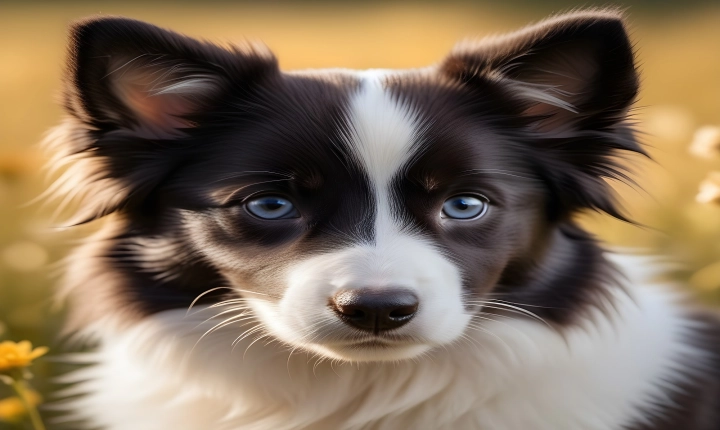Title: The Rising Influence of Artificial Intelligence in Films
In recent years, the use of artificial intelligence (AI) in filmmaking has grown exponentially, revolutionizing the way films are produced, edited, and even scripted. The integration of AI technology in the film industry has not only enhanced the production process but has also contributed to more captivating and immersive storytelling. Through the use of AI, filmmakers are able to achieve unprecedented levels of creativity and efficiency, leading to groundbreaking developments in the art of filmmaking.
One of the most significant applications of AI in filmmaking is in the area of visual effects. AI-powered software and tools are now widely utilized to create stunning visual effects, ranging from lifelike characters to fantastical landscapes. Through the use of AI algorithms, filmmakers are able to generate highly realistic CGI (Computer-Generated Imagery) that seamlessly integrates with live-action footage, bringing even the most extravagant of visions to life on the big screen.
Furthermore, AI technology has greatly impacted the post-production process, particularly in the realm of editing. Advanced AI programs are capable of analyzing and processing large volumes of footage, allowing for swift and precise editing decisions. This not only accelerates the editing process but also provides editors with valuable insights and suggestions, leading to a more streamlined and efficient workflow.
Another area where AI has made significant inroads in the film industry is in scriptwriting. AI algorithms are now being employed to analyze successful film scripts and box office data to aid in the creation of compelling and marketable stories. By leveraging AI’s data processing and predictive capabilities, filmmakers are able to gain a deeper understanding of audience preferences, helping to craft narratives that resonate with viewers on a profound level.
Moreover, the advent of AI has also given rise to the development of virtual actors, allowing for the creation of entirely digital characters that exhibit nuanced emotions and expressions. This groundbreaking technology has opened up limitless possibilities for storytelling, enabling filmmakers to push the boundaries of what is possible on the screen.
However, as AI continues to play an increasingly pivotal role in filmmaking, questions regarding its impact on traditional filmmaking practices and human creativity have arisen. While AI offers unparalleled efficiency and innovation, there are concerns about the potential displacement of human creativity and intuition in the filmmaking process.
Despite these apprehensions, the integration of AI in filmmaking has undeniably opened up new horizons for storytelling and visual expression. The ability of AI to analyze vast amounts of data, generate realistic visual effects, and streamline production processes has significantly expanded the creative potential of filmmakers. By embracing AI technology, the film industry has embarked on a new era of cinematic innovation, promising audiences an even more immersive and captivating movie-going experience.
